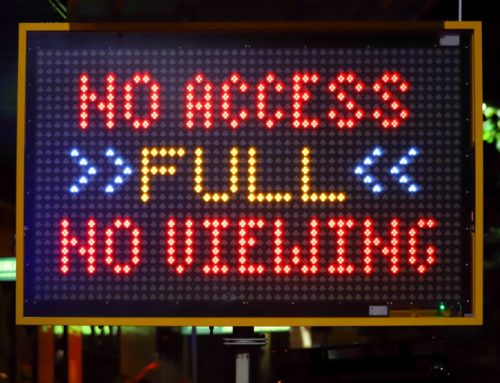Nonprofit managers, ask yourselves these seven questions before you hire a freelance writer.
Before you start interviewing . . .
1. What do I want a freelance writer to do? The more specific you can be about what you need, the better you’ll be able to recruit a freelance writer who can meet your needs. Most writers think in terms of word count or page count when estimating a job, so you should think that way too. How much writing do you need? How much research or interviewing will the writer need to do? How many drafts do you typically want to see?
2. What is my ideal deadline, and what is the real deadline? Most people want projects they are hiring out to be completed yesterday. While it is fine to suggest an ideal deadline when soliciting proposals from freelancers, know in your own mind how much play you have in your schedule. If the perfect candidate comes along, but can’t meet your ideal deadline for whatever reason, do you have enough cushion in your schedule to hire that person anyway?
3. How much do I have to spend? Rates for freelance writers vary widely. In some respects, you do get what you pay for, but even among highly qualified and experienced writers, you will still find a great deal of variability in rates. Know how much you have to spend ahead of time, so when you begin to evaluate proposals, you can eliminate those that are far beyond your means. At the same time, you should also strongly consider eliminating proposals that seem exceedingly low — It’s a hallmark of an inexperienced freelancer to charge way below market rate.
As you are interviewing . . .
4. Is this freelance writer a good listener? As important as writing and editing skills are the abilities to listen to your needs and to incorporate them into the project. Writing projects include many variables, such as audience, message, and tone, all of which require that you and the freelancer work together to get it right. You should treat this relationship as a partnership, which requires that you both listen well.
5. Does this freelance writer seem flexible? Writing projects are subjective. While some elements, such as correct grammar and word count, are objective, whether the piece meets your needs in terms of style is highly subjective. A good freelance writer knows this and will work with you to get the style the way you want it, even if the first draft is way off.
Also, as the project progresses, you may very well change your mind about how you want an issue handled or what elements should be emphasized. Try to gauge whether the freelancer can “go with the flow” and adjust accordingly. Of course, you need to be willing to pay for extra drafts if you change the scope of work significantly.
6. Do I like this writer’s portfolio and client list? Does the writer have experience with your type of project? Does the writer’s list of clients relate to your organization in subject area, size, or some other meaningful measure? All professional freelance writers should be able to provide samples of their work (many will have online portfolios for you to peruse) and to give you a list of people they have worked for previously.
7. How do this writer’s other clients describe their relationships? Yes, you should check references. Pick up the phone and call. Speaking directly with another client is one of the best ways to judge how well a freelancer works with clients. Ask how many jobs the person has given to the freelancer. Repeat business is always a good sign.






